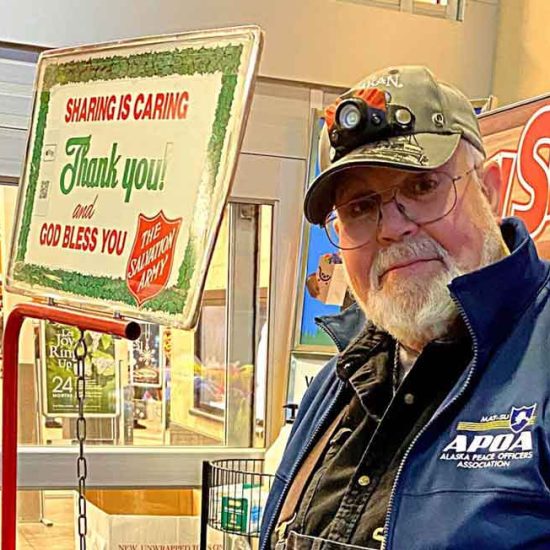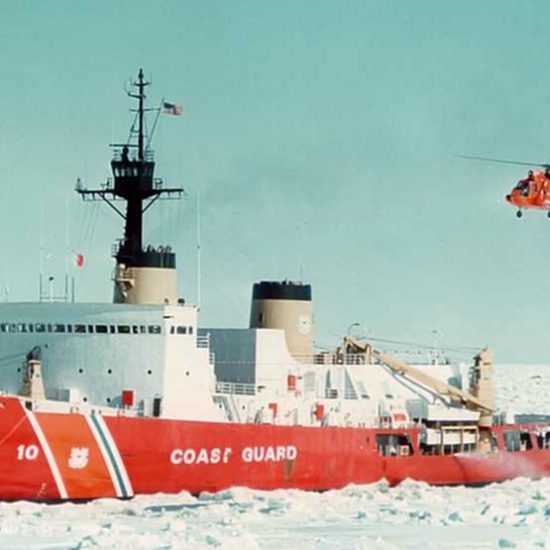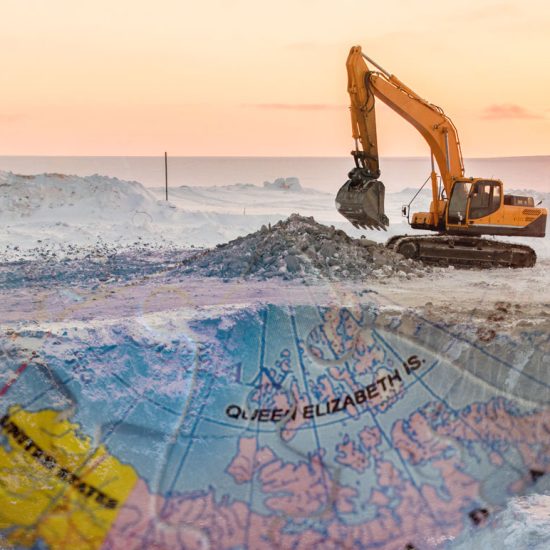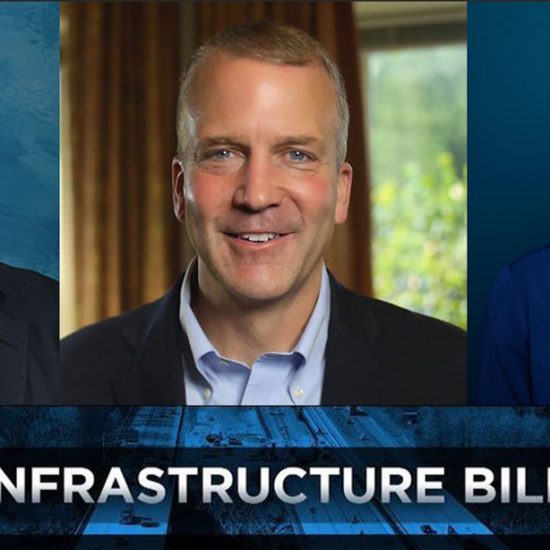As an (admittedly poor) fly fisherman, I am out on the lakes and streams of southcentral Alaska from breakup to freeze-up, with varying levels of success. One of the ways to improve my game is reading local publications. One of which is Fish Alaska magazine.
It is locally published and originally stayed out of the political wars. Unfortunately, the anti-Pebble ad money first from Bob Gillam and now Big Green has been too good to pass up, and you see anti-Pebble ads in the magazine at least once an issue, sometimes more. The anti-Pebble mindset is spilling over into editorials, most recently in the May 2019 issue penned by George Krumm, the editor. You can read it here.
The editorial was penned a bit from the standpoint that someone removed the wooden stake from the project’s black little heart, and OH MY GOD! IT’S ALIVE, ALIVE, ALIVE! And as a result, once again all Bristol Bay salmon are in danger of dying for all time.
I sent Mr. Krumm a note asking if I could write a response. That request was denied, so I will write a partial response and publish it here. Perhaps he will learn something. Perhaps we both will.
He starts with the observation that Pebble will be in earthquake country, and as such, the tailings dam storage will be in danger of collapse. Nobody denies this. Is there anywhere else in the world that mining, salmon and earthquakes all coexist successfully? Yes there is. Chile has figured out how to do this. They get around 15 quakes larger than M 7.0 per decade. The most recent huge one was a M 8.8 in 2010. No dam failures. No dead salmon. No environmental disaster. Perhaps modern engineering is figuring out how to build things that withstand huge ground movements. Not in Mr. Krumm’s world, though.
Krumm goes on to blast the current mine plan as “dangerous and irresponsible.” He is particularly critical of the failure to design a mine to go after all the minerals thought to be in the region. But this is how you start a business. You start out small. You figure out what is there, if it is profitable to mine and ship it, how to do it, and most importantly to the anti-Pebble folks how to integrate your mining operation in with the other activities (subsistence, fishing and hunting) in the region. You start small because it gives you the flexibility to learn.
Mr. Krumm doesn’t want the new industry to learn how to operate successfully in Bristol Bay. No surprise, that.
He talks about the Berkeley Pit mine near Butte, Montana, as an example of what can happen when mining is done wrong, and in turn what Pebble can do to the Bristol Bay watershed.
Mining stopped at Berkeley in 1982. After mining stopped, it started to refill with water. The waters leached minerals from the exposed walls of the rock, becoming highly acidic and loaded with dissolved metals. If the water rises high enough, it will spill over into the surrounding water table, clearly a mess. That’s the bad news.
Here’s the good news. The owners and state stopped inflow and are bringing a water treatment plant online to deal with the problem. From a history standpoint, there has been mining done in the region since 1864. The open pit mine was opened in 1955, a mere 17 years before passage of the Clean Water Act. When the Berkeley Pit was opened, it used the best technology and environmentally friendly operations known at the time which were inadequate. Perhaps we have learned a thing or two in the last 64 years about how to operate and just as importantly, remediate a mine, mitigating its impact on the surrounding environment.
The final pot shots taken at Pebble compare the $61 million in annual economic contributions by the Bristol Bay sport fishery, the 1,000 full and part time jobs by the sport fishery, the 14,000 jobs by the commercial fishery, all in yet another attempt to claim that if a mine goes in, all the fish go away instantly and for all time. The Pebble economic analysis produced in 2013 refutes all of these, though those numbers will change based on the downsizing of the initial mine.
A lot of people in this world have figured out how to mine and fish at the same time. Some do it a lot better than others. Short-sighted anti-Pebble screeds do little to move the ball.
Mr. Krumm forgets that major industries invariably bring infrastructure along with them. In this case, Pebble will eventually build a haul road across the Alaska Peninsula to get product to Cook Inlet. That haul road will over time improve sport fish access to the region. And the more we can spread out fishermen, the better the resource and the environment can recover after the fishing season is over.
It is always easier to stamp your feet wave your fists and say NO! Much more difficult to roll up your sleeves and figure out how to do both and do them right. There was a time when we Americans, we Alaskans gloried in that. These days, not so much, at least for some of us. For me, Pebble is not a problem. It is an opportunity.
Alex Gimarc lives in Anchorage since retiring from the military in 1997. His interests include science and technology, environment, energy, economics, military affairs, fishing and disabilities policies. His weekly column “Interesting Items” is a summary of news stories with substantive Alaska-themed topics. He was a small business owner and Information Technology professional.












